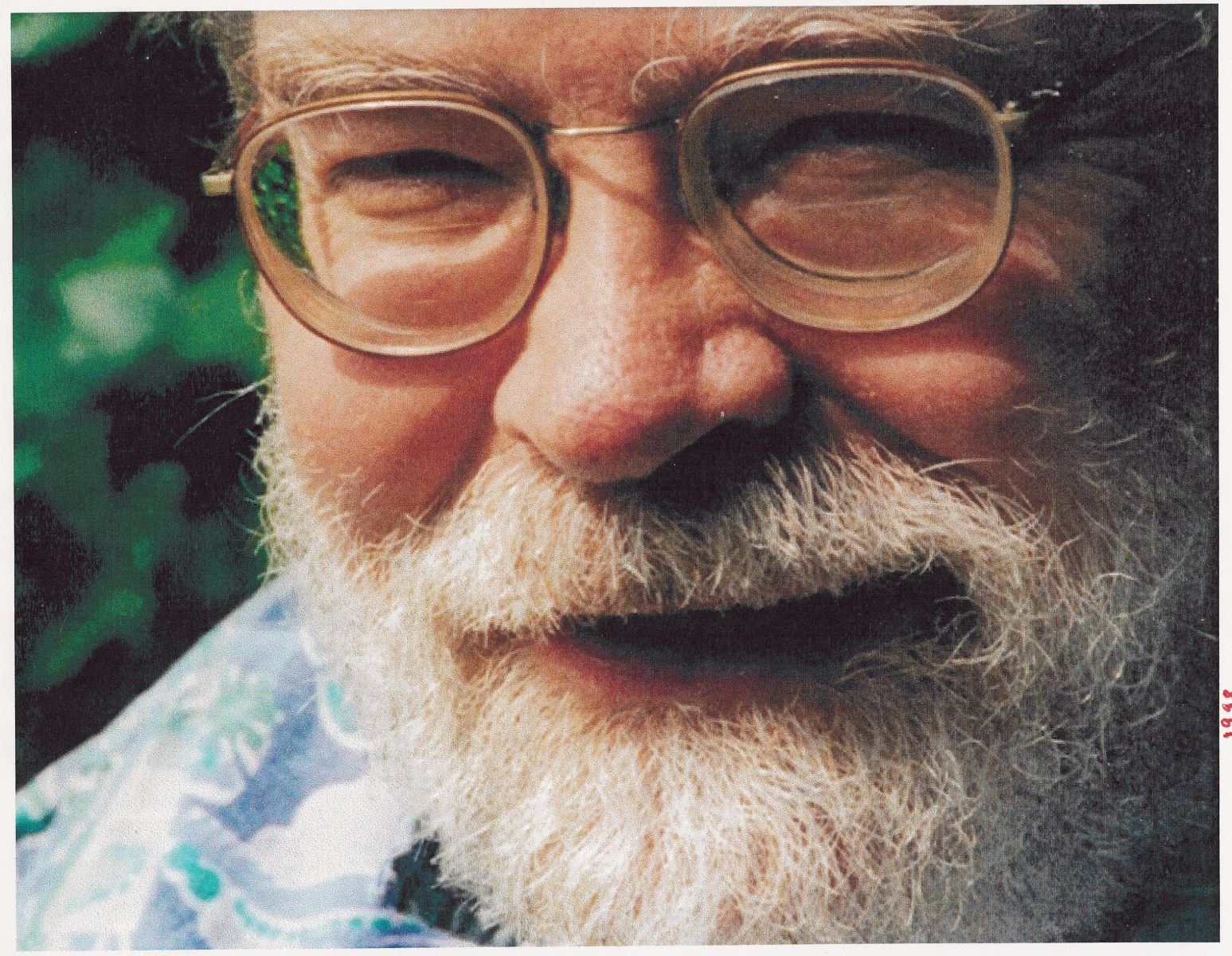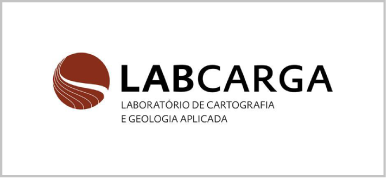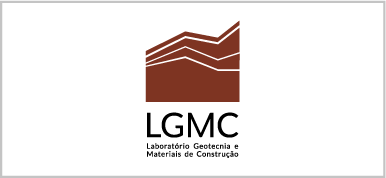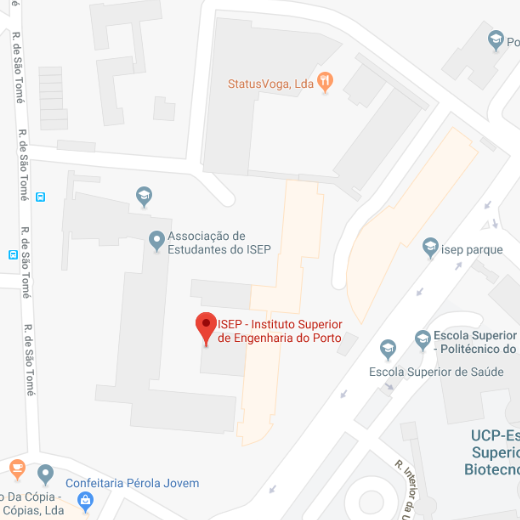

James Yorke
Univ. of Maryland, College Park, MD, USA
Properties of “almost every” equation F(X)=C: pure math for the applied scientist
This work is in collaboration with Sana Jahedi, Tim Sauer, and Naghmen Akhaven.
We ask what are the properties that hold for ``almost every’’ system of equations? What does “almost every” mean? “Almost every” is defined so as to be useful to the scientist. I think of this as pure math for the applied scientist.
Systems of M equations in N unknowns are ubiquitous in mathematical modeling. These systems, often nonlinear, are used to identify equilibria of dynamical systems in ecology, genomics, control, and many other areas.
Our goal is to describe the properties that will hold for ``almost every’’ F that has some structure, and in particular the global properties of solutions for structured systems of smooth functions. As an application of these ideas I will show examples of Lotka-Volterra systems of differential equations. One example has 14 species. We show that 3 must die out exponentially fast. The technique is rather unique. We produce a “team” of 24 Lyapunov functions, each of which gives different information about which species will die out.
Short bio
A.B., Columbia University 1963;
James Yorke has been at the University of Maryland since 1963.
Ph.D. in Mathematics: University of Maryland at College Park 1966.
Currently: Distinguished University Research Professor of Mathematics and Physics, Univ. of Maryland, College Park, MD, USA.
James Yorke is perhaps best known for coining the mathematical term chaos in his 1975 paper with Tien-Yien Li “Period Three Implies Chaos”. He came to the University of Maryland as a math graduate student in 1963 hoping to explore interdisciplinary mathematics. Those hopes were fully realized after he received his Ph.D. and joined the faculty of the University of Maryland. He feels that a Ph.D. in mathematics is a license to investigate the universe. His current research interests include simple models for covid-19, for ecosystems, for ergodic chaotic systems with multiple instabilities.
In 2003 he was awarded the Japan Prize jointly with Benoit Mandelbrot for their work in chaos and fractals in a ceremony presided over by the Emperor of Japan.
instituto superior de engenharia do porto
Rua Dr. António Bernardino de Almeida, 431
4249-015 Porto, Portugal
important dates
|
1 DEC 2019 |
Abstract submission starts Proposals for Special Sessions
|
|
27 MAY 2022
|
Deadline for submissions Early Bird registration |
|
13 JUNE 2022 |
Upload of complete extended accepted abstracts (3 pages) |
|
15 JUN 2022 |
Camera-ready submission for extended accepted abstracts |
|
27 JUN 2022 |
Conference Opening
|




































